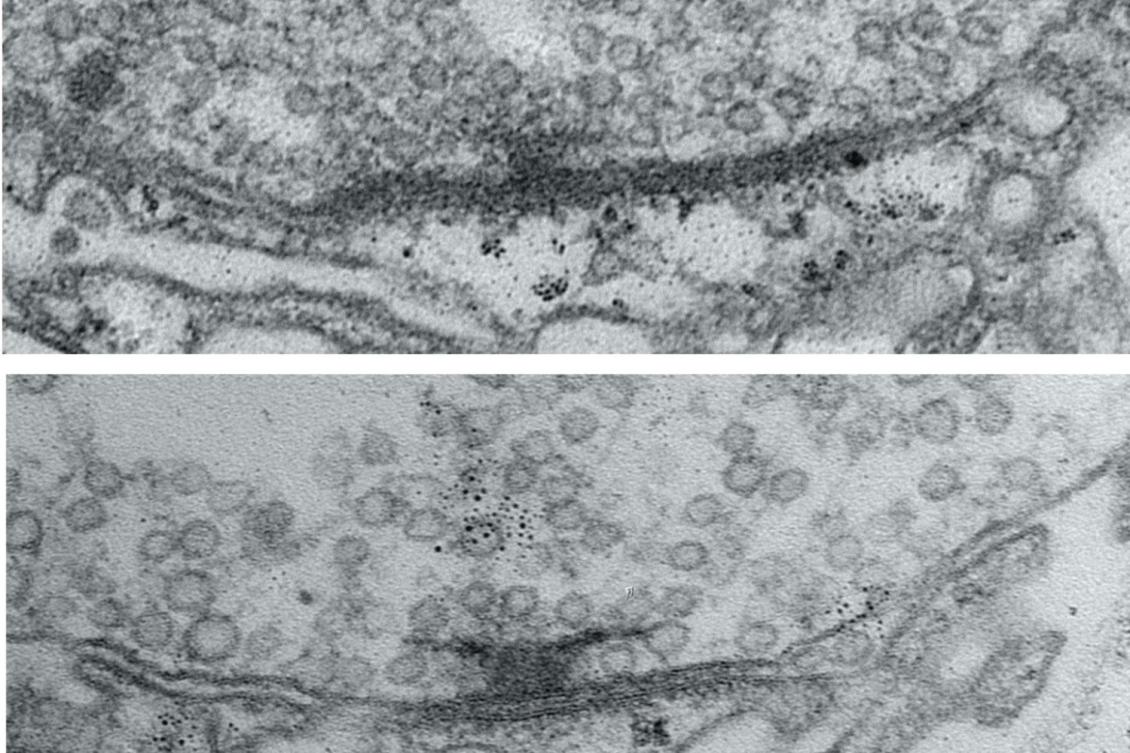Featured News

In most states, schools are required to screen students as they enter kindergarten — a process that is meant to identify students who may need extra help learning to read. However, a new study by MIT researchers suggests that these screenings may not be working as intended in all schools.
The researchers’ survey of about 250 teachers found that many felt they did not receive adequate training to perform the tests, and about half reported that they were not confident that children who need extra instruction in reading end up receiving it. When performed successfully, these screens can be essential tools to make sure children get the extra help they need to learn to read. However, the new findings suggest that many school districts may need to tweak how they implement the screenings and analyze the results, the researchers say.
“This result demonstrates the need to have a systematic approach for how the basic science on how children learn to read is translated into educational opportunity,” says John Gabrieli, the Grover Hermann Professor of Health Sciences and Technology, a professor of brain and cognitive sciences, and a member of MIT’s McGovern Institute for Brain Research.
Featured News

Nervous system functions, from motion to perception to cognition, depend on the active zones of neural circuit connections, or “synapses,” sending out the right amount of their chemical signals at the right times. By tracking how synaptic active zones form and mature in fruit flies, researchers at The Picower Institute for Learning and Memory at MIT have revealed a fundamental model for how neural activity during development builds properly working connections.
Understanding how that happens is important, not only for advancing fundamental knowledge about how nervous systems develop, but also because many disorders such as epilepsy, autism, or intellectual disability can arise from aberrations of synaptic transmission, says senior author Troy Littleton, the Menicon Professor in The Picower Institute and MIT’s Department of Biology. The new findings, funded in part by a 2021 grant from the National Institutes of Health, provide insights into how active zones develop the ability to send neurotransmitters across synapses to their circuit targets. It’s not instant or predestined, the study shows. It can take days to fully mature, and that is regulated by neural activity.
Featured News

While studying as an undergrad at Wellesley, Kimaya Lecamwasam participated in the MIT Undergraduate Research Opportunities Program for three years. Working in the Department of Brain and Cognitive Sciences lab of Emery Brown, the Edward Hood Taplin Professor of Medical Engineering and Computational Neuroscience, she focused primarily on classifying consciousness in anesthetized patients and training brain-computer interface-enabled prosthetics using reinforcement learning.
“I still had a really deep love for music, which I was pursuing in parallel to all of my neuroscience work, but I really wanted to try to find a way to combine both of those things in grad school,” says Lecamwasam. Brown recommended that she look into the graduate programs at the MIT Media Lab within the Program in Media Arts and Sciences (MAS), which turned out to be an ideal fit.


